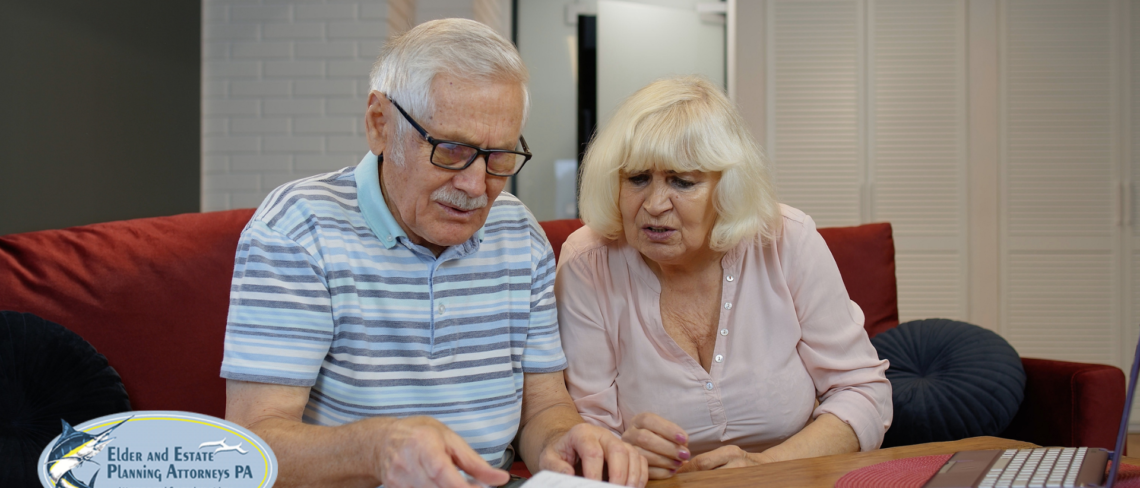Have you realized that in just a few short weeks, it will be 2022? Even with the persisting pandemic adding a layer to our plans, for most of us, we are busy finalizing our end of the year plans, purchasing last minute holiday gifts, and making plans to spend time with family. This is the perfect time to take stock of what has happened this year, as well as reflect on your goals for the coming year. For example, what went well and what could we improve on.
As we reflect on the past year and look to the future, do you have goals for yourself, your loved ones, and your legacy? We encourage you to take the time to not only think about the immediate actions that must be completed before the end of the year, but that you also think about what the future may hold for you. While you may be rushing to complete a shopping list of holiday gifts for your family, consider that completing or updating your Florida estate plan may be the best gift you can give them.
Do you have a current Florida estate plan? As a Florida senior, you may have many questions. For instance, who will make your decisions if you are not able to make them for yourself? If you are in a car accident, who will have the legal authority to pay your bills? Who could handle your business affairs if you could not? Should both your adult children be in charge of your finances? Will your retirement plans be able to support you as you age?
We hear questions like these, and more, from our clients and their family members each day. Remember that old adage: an ounce of prevention is worth a pound of cure? Based on our experience, when it comes to Florida estate planning, you need to know your plan will work when you need it to. This holiday season, a completed Florida estate plan is quite possibly the best gift you can give to your loved ones.
In addition, while Florida estate planning is a critical part of your health and well being, we want you to know that there is a second planning component that needs to be addressed and completed as well. It is your elder law planning, which includes long-term care. After they reach the age of 70, the majority of Americans will need some form of long-term care. Much of this care is not covered by Medicare and will fall on the Florida senior to pay for out of pocket. With prior planning we can assure you it does not have to be this way. We can work with you to not only create an estate plan but also a long-term care plan that can protect the estate plan you are putting in place and allow you to be able to leave a legacy for your family, no matter what the future holds.
We know this article may raise more questions than it answers. You are welcome to contact our law practice now, or at any time throughout the year, and schedule a meeting to make sure you have the Florida legal planning you need to accomplish your goals.








